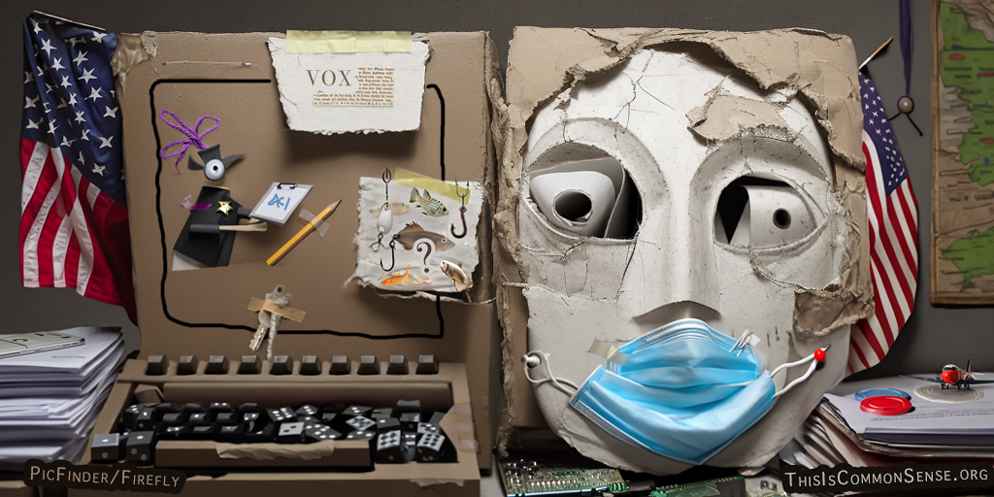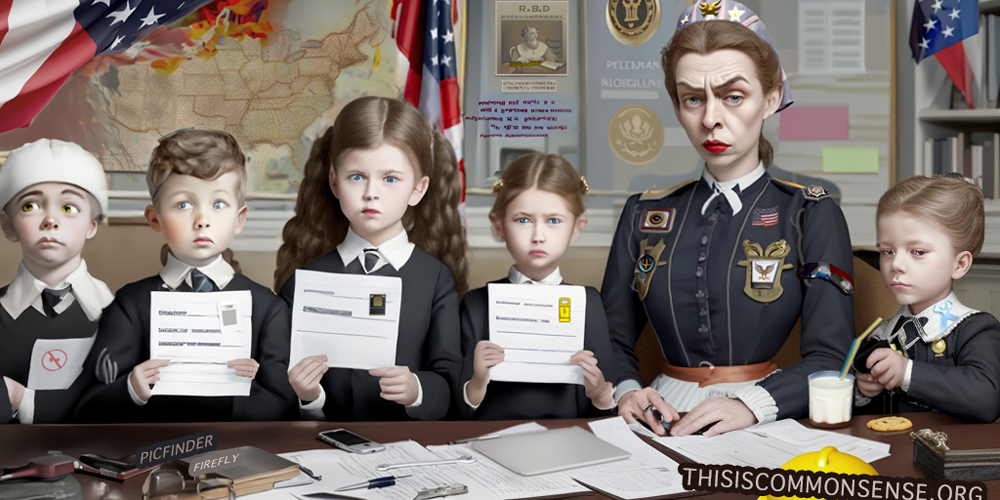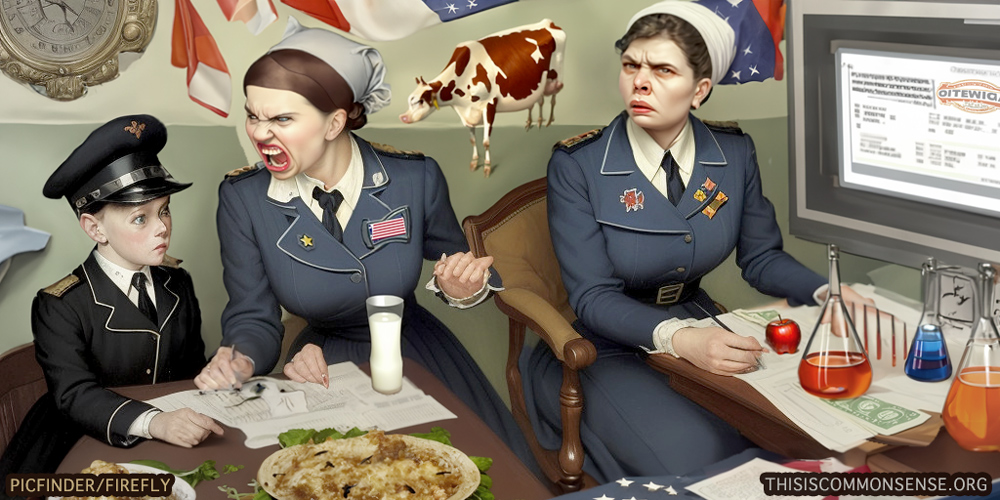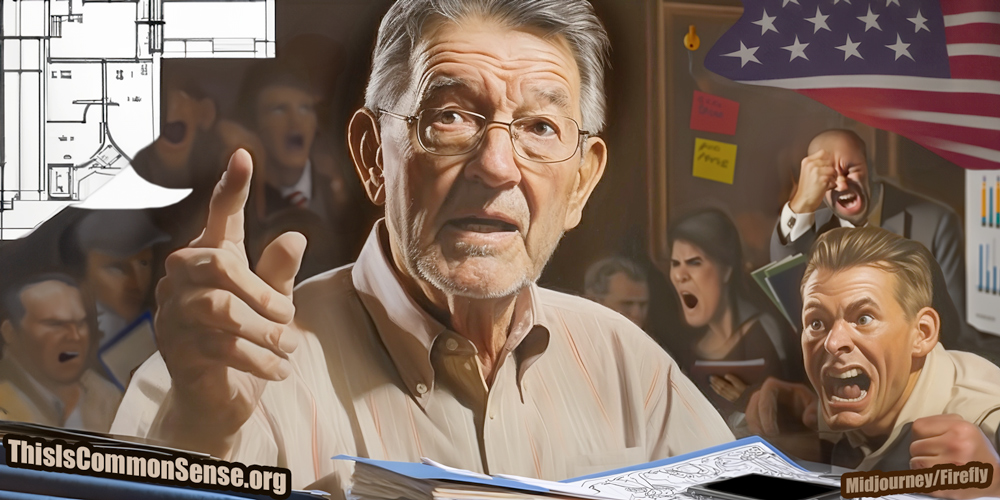The decision won’t be the end of the matter, but it’s a good sign.
U.S. District Judge Mark Pittman has ruled that a federal agency established to give subsidies to businesses, in its current form called the Minority Business Development Agency, may no longer use race or ethnicity as a criterion for distributing benefits.
The ruling comes in response to a lawsuit filed by the Wisconsin Institute for Law & Liberty on behalf of three business owners who weren’t allowed to apply for help from the MBDA because they’re white. The plaintiffs argue that the Agency violates the constitutional requirement of equal treatment under
According to Judge Pittman, although “the Agency may intend to serve listed groups, not punish unlisted groups, the very design of its presumption punishes those who are not presumptively entitled to MBDA benefits.”
Supporting rights-based governance, I’m no fan of any welfare programs. As long as we have them, though, why should the handouts or the ability to apply for them be determined by race?
Government-imposed racial discrimination is unjust on its face. It should be extirpated wherever it exists. The Minority Business Development Agency is one of
If Pittman’s ruling is allowed to stand, it may have a salutary effect on many other agencies and programs.
The MBDA’s name presents a problem, however.
I guess it won’t be too hard to remove the word “Minority” and call the agency the Business Development Agency.
Or just shut it down.
This is Common Sense. I’m Paul Jacob.
Illustration created with PicFinder and Firefly
—
See all recent commentary
(simplified and organized)





